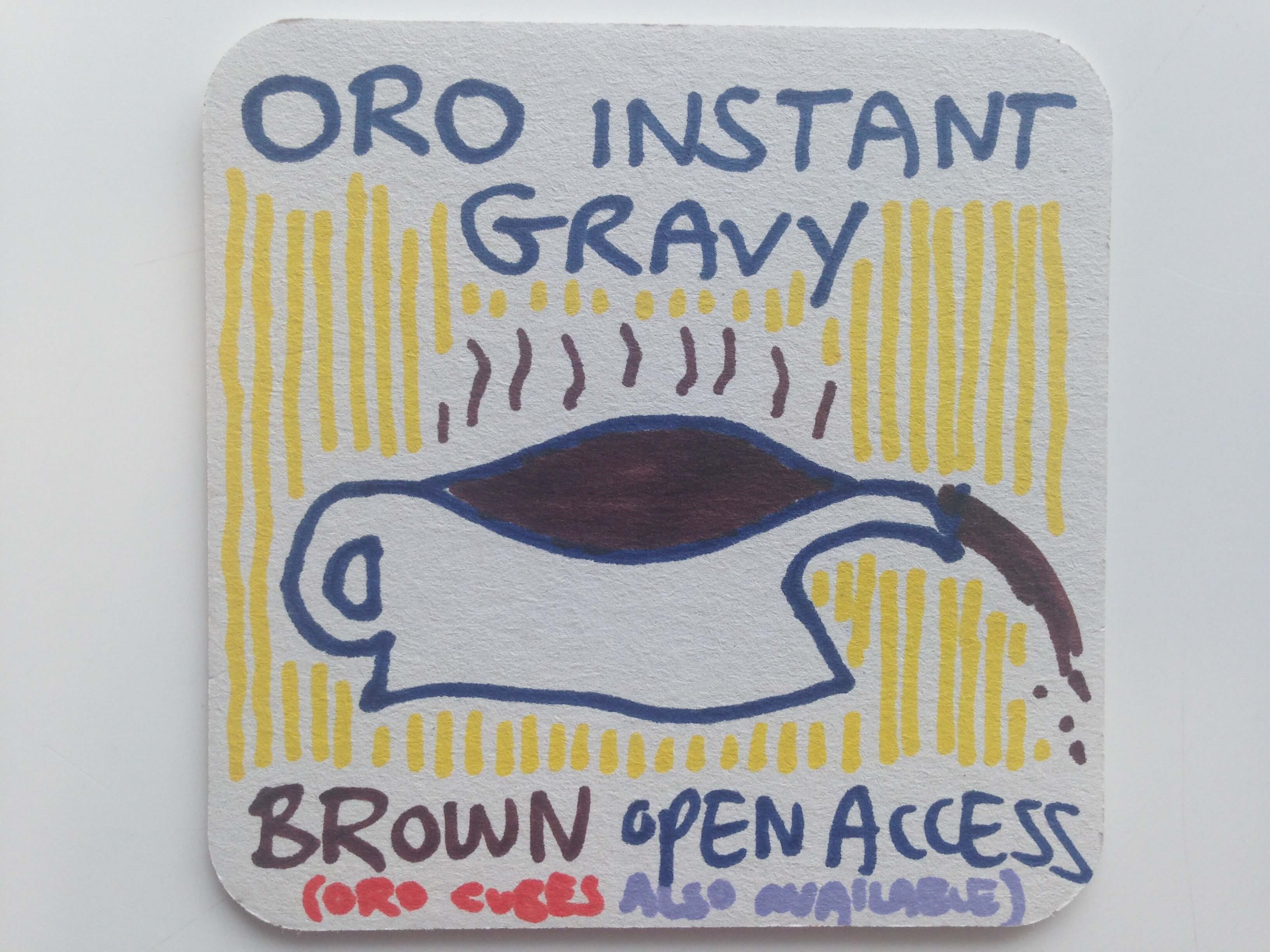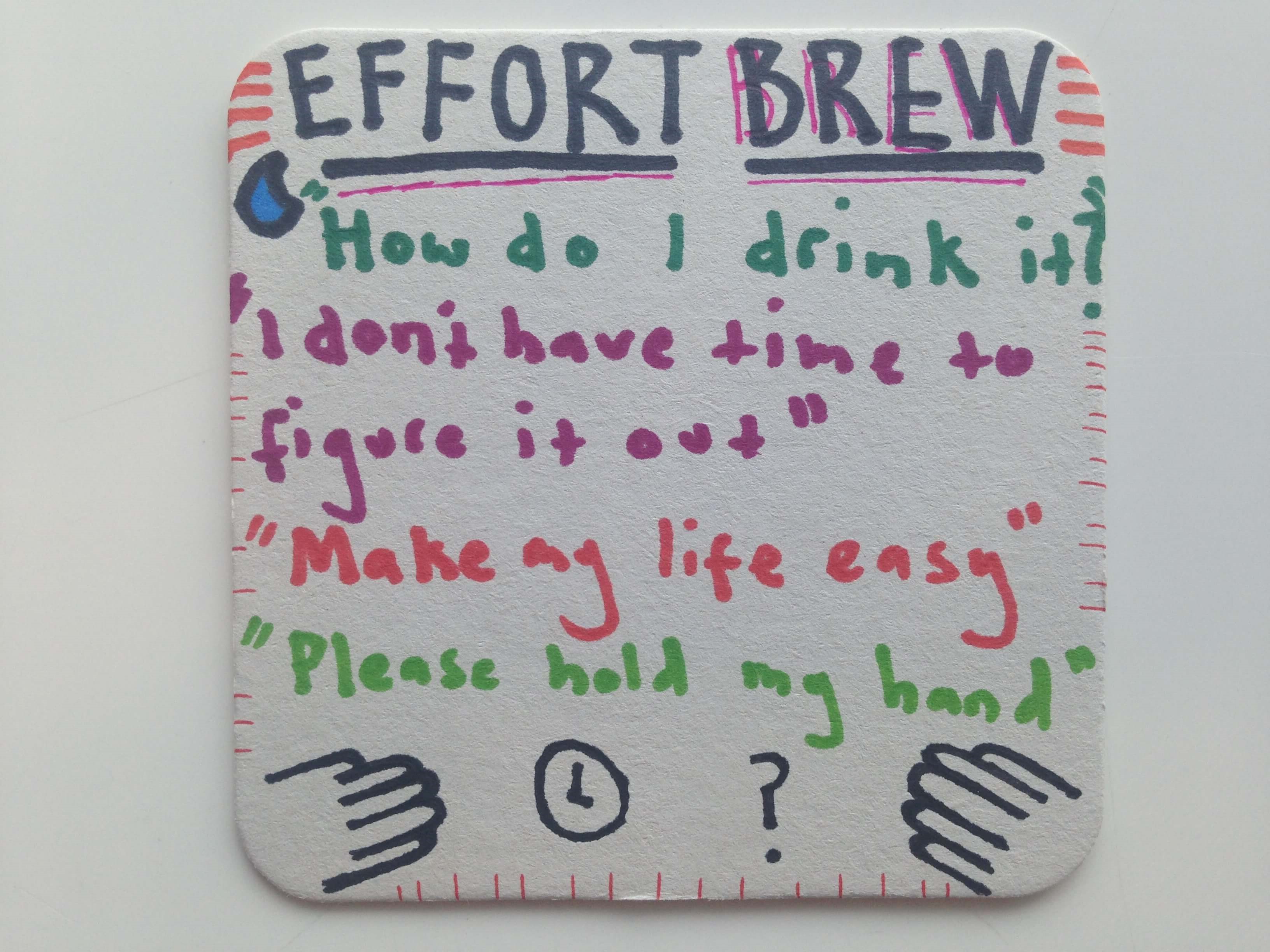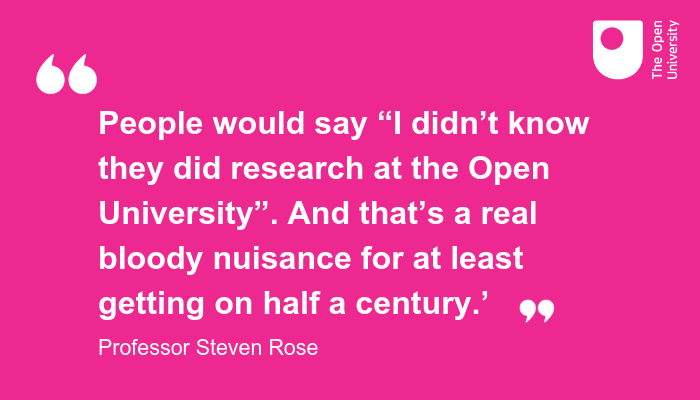 So Dan Weinbren quotes Steven Rose the OU’s first professor of biology in his history of the OU. (1) It’s not just true of research in general but also postgraduate research: The Open University is a destination for PhD students. And that’s a nice entry point to this post – which is our contribution to #ThesisThursday – a wider campaign highlighting Open Access to postgraduate theses via the network of UK Higher Education repositories.
So Dan Weinbren quotes Steven Rose the OU’s first professor of biology in his history of the OU. (1) It’s not just true of research in general but also postgraduate research: The Open University is a destination for PhD students. And that’s a nice entry point to this post – which is our contribution to #ThesisThursday – a wider campaign highlighting Open Access to postgraduate theses via the network of UK Higher Education repositories.
Postgraduate Research and The Open University
Provision for postgraduate student research was written into the Open University Charter (1969) and the first PhD thesis was awarded by the University as early as 1972 (2). Over 3,500 theses have been awarded for studies directly undertaken at the OU and over 2,000 awarded for theses studied at an Affiliated Research Centre (3).
The breadth of postgraduate research conducted at the Open University is astonishing – of course this isn’t unique – but it’s worth stating: The Open University does multi-disciplinary teaching and research. A record of all theses can currently be found in the library catalogue, you can search them from the thesis search.
However, these records were created for the print theses, and those theses continue to sit on the shelves in the library here at Walton Hall, Milton Keynes. Readership is limited by the fact they are print artifacts.
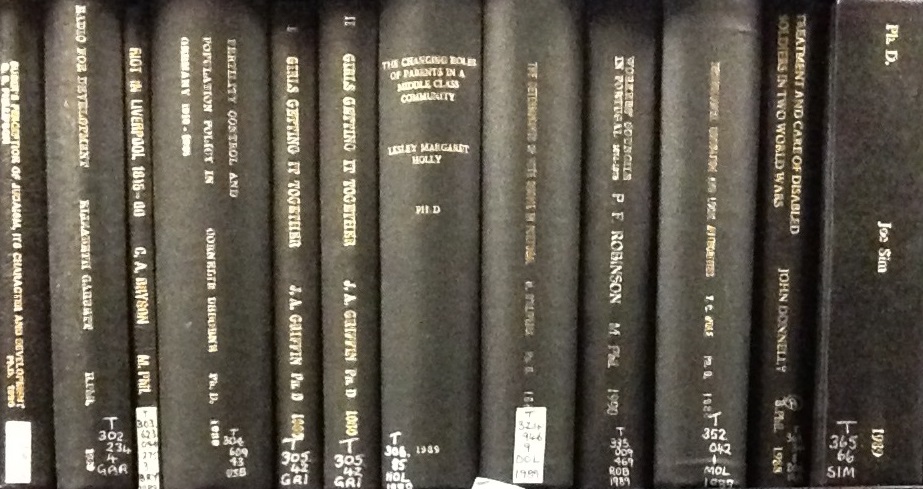
Increasing access to Open University postgraduate research
The Open University institutional repository (ORO) is home for a significant subset of that total number of theses. Currently we have over 1,200 theses awarded by the OU in ORO – PhD, EdD, MPhil and MRes. Our aim is to have a record of all Open University awarded theses recorded in ORO and, wherever possible, provide access to the full text online. We are doing this in 3 ways:
- All newly awarded theses are added to ORO at point of award.
- Where a legacy thesis has been digitised by The British Library via its EThOS scheme – we are also adding it to ORO.
- Where a legacy thesis has yet to be digitised we are undertaking a systematic scheme of digitisation – expect to see results early in 2019.
Making the full text available online means a reader doesn’t have to visit the building to read the the print thesis, all they need is an internet connection.
Measuring the impact
Which is all very well – but is it worth it? What kind of readership do PhD level theses get. Well, the numbers are clear. There are thousands of downloads of theses from ORO every month – we’re closing in on half a million downloads in total!
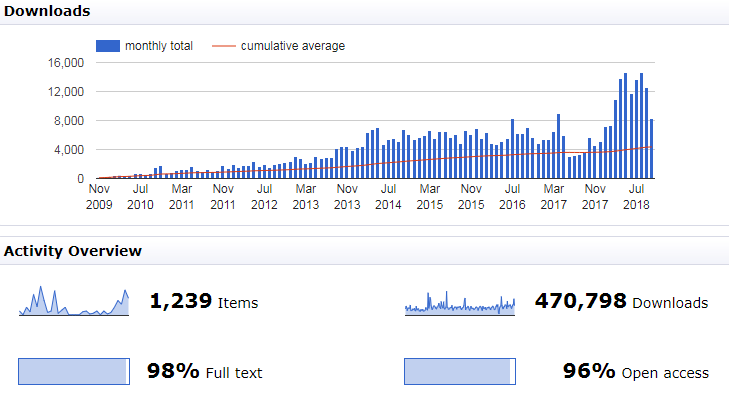
And these downloads are global, access is not restricted to those readers that can get to Milton Keynes! Downloads of theses in 2017 came from 188 countries and territories.
In case you are wondering, the most popular thesis in ORO has been downloaded over 15,000 times (Bailey, Keith Alan (1995). The metamorphosis of Battersea, 1800-1914 : a building history.) (4)
…and back to the OU
Sometimes in your day to day work at OU HQ in MK, you are reminded of the remarkable ethos of the institution. As I was checking a legacy thesis earlier in the week, I couldn’t help but read the acknowledgement, here’s how it started…
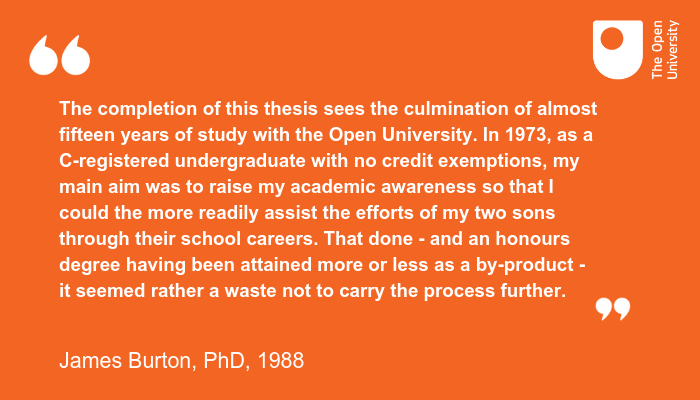
A remarkable understated testament, not only to the determination of one particular OU student, but also to the opportunities the OU provides: #thesisthursday OU style.
References
(1) Weinbren, Dan. (2014) The Open University: A History, p.110.
(2) ibid., p.110.
(3) “The Open University’s Affiliated Research Centre (ARC) programme enables leading research institutes, who do not have their own degree awarding powers, to provide doctoral training with our support.” http://www.open.ac.uk/research/degrees/affiliate-centres
(4) All data from: http://oro.open.ac.uk/cgi/stats/report/


 So Dan Weinbren quotes Steven Rose the OU’s first professor of biology in his history of the OU. (1) It’s not just true of research in general but also postgraduate research: The Open University is a destination for PhD students. And that’s a nice entry point to this post – which is our contribution to #ThesisThursday – a wider campaign highlighting Open Access to postgraduate theses via the network of UK Higher Education repositories.
So Dan Weinbren quotes Steven Rose the OU’s first professor of biology in his history of the OU. (1) It’s not just true of research in general but also postgraduate research: The Open University is a destination for PhD students. And that’s a nice entry point to this post – which is our contribution to #ThesisThursday – a wider campaign highlighting Open Access to postgraduate theses via the network of UK Higher Education repositories.


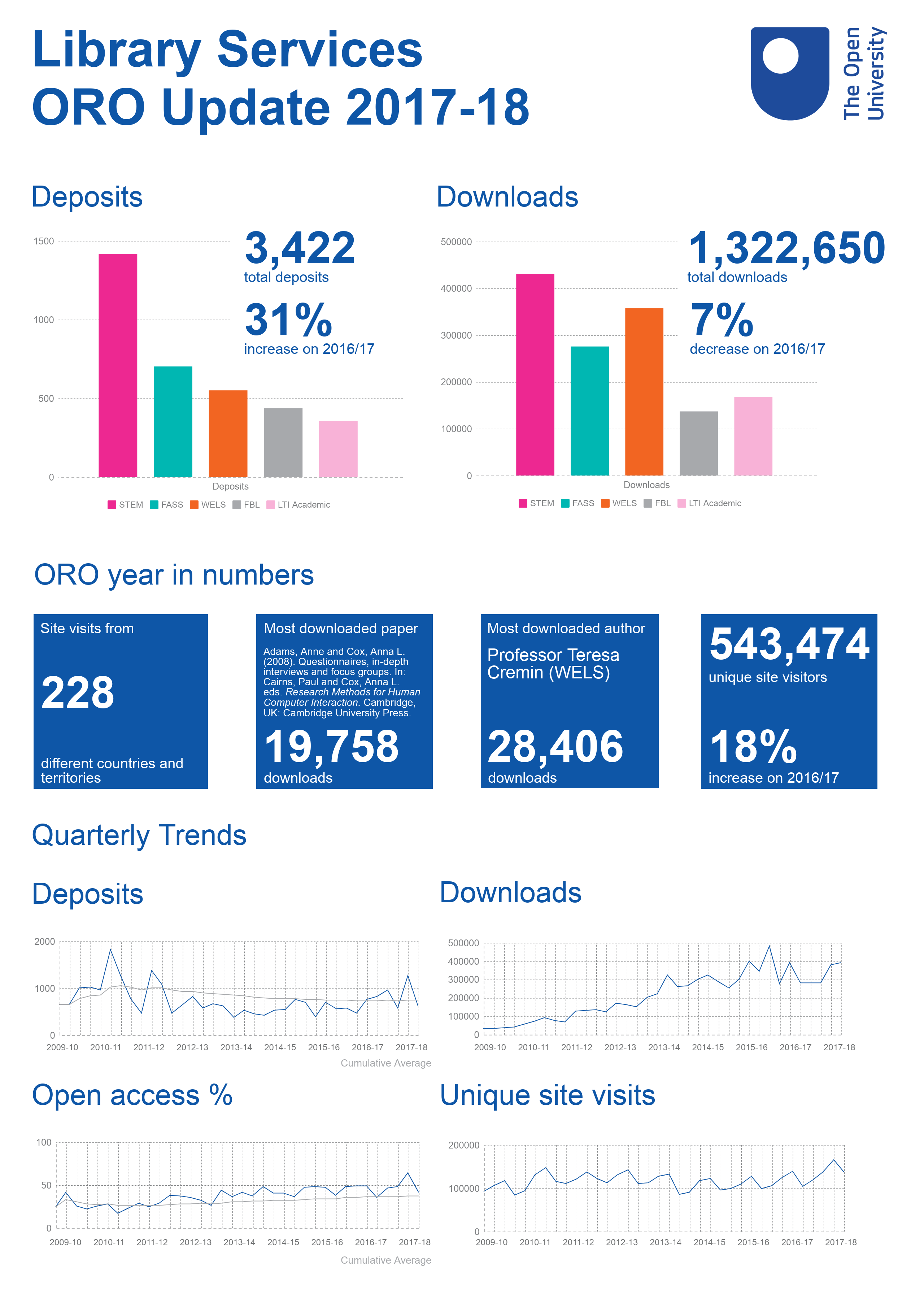
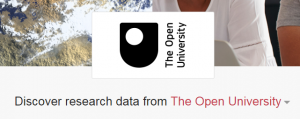
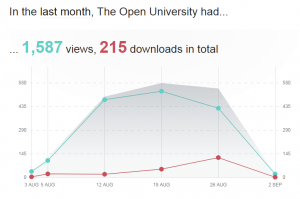
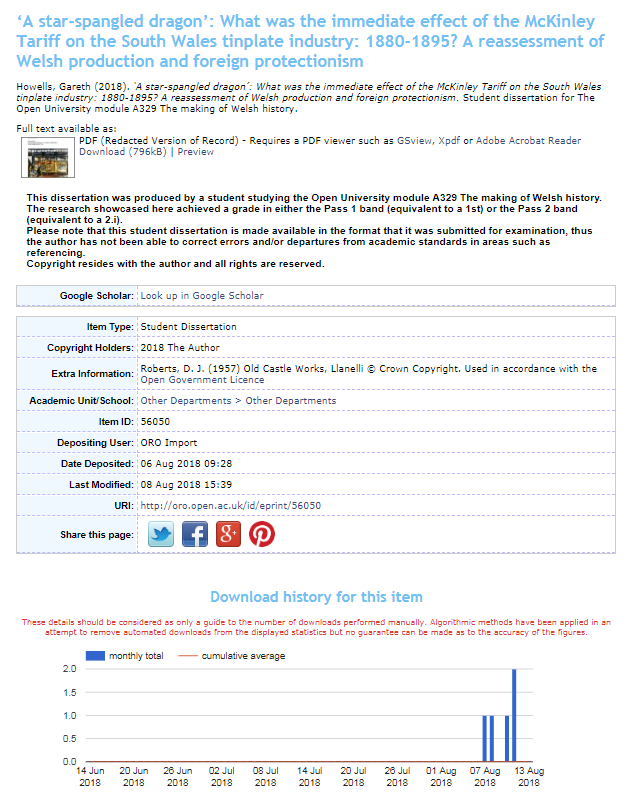
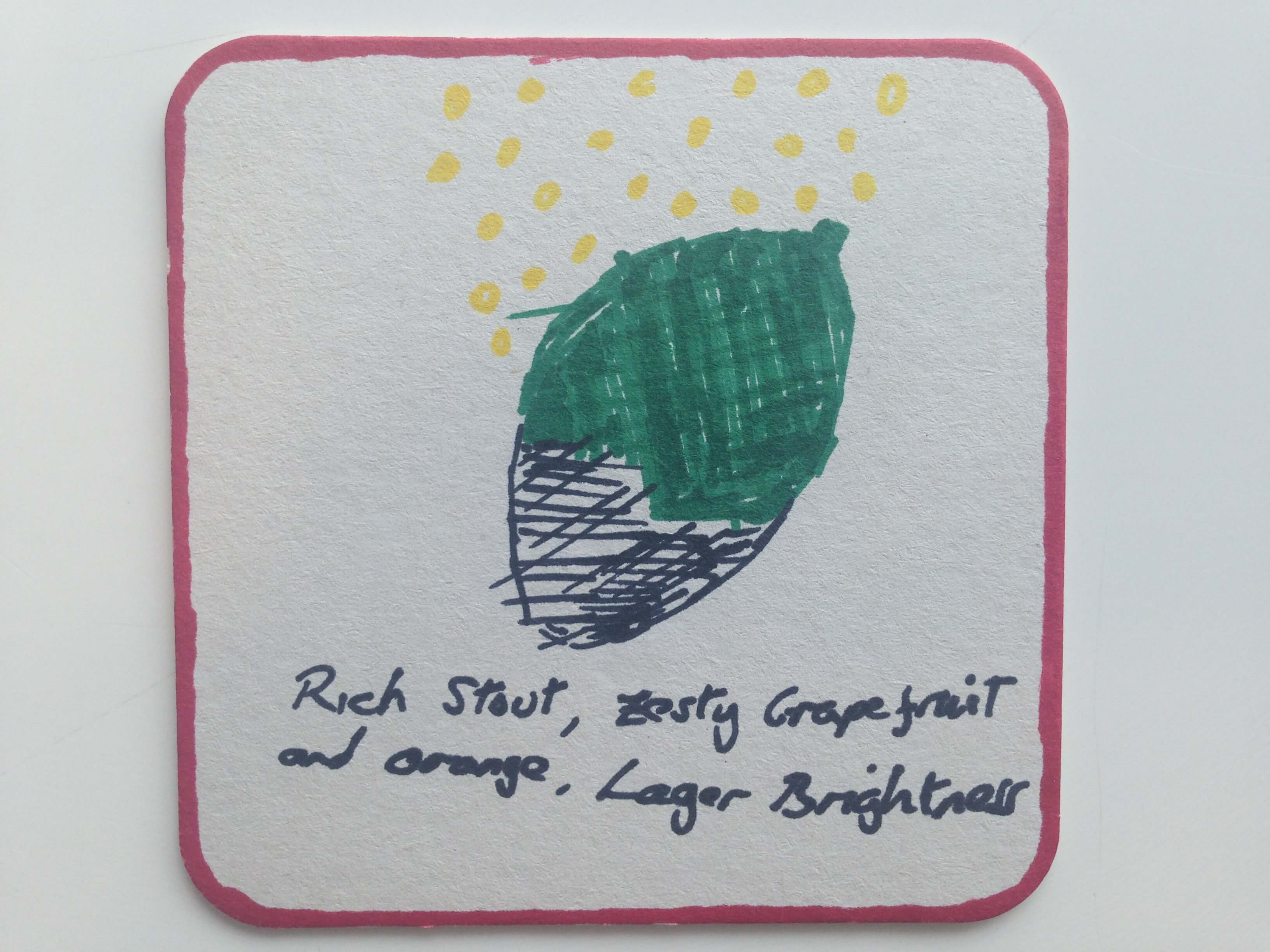
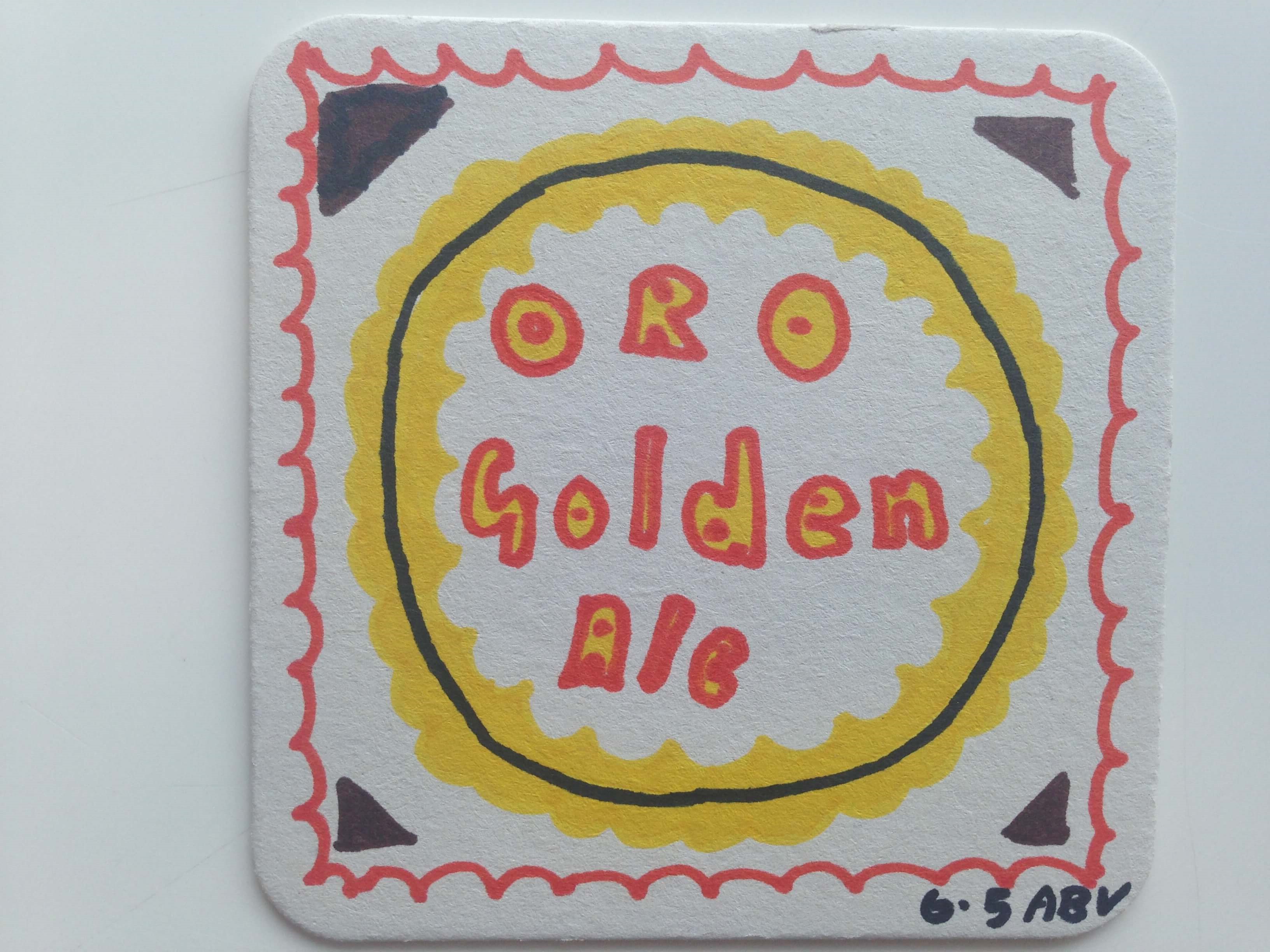

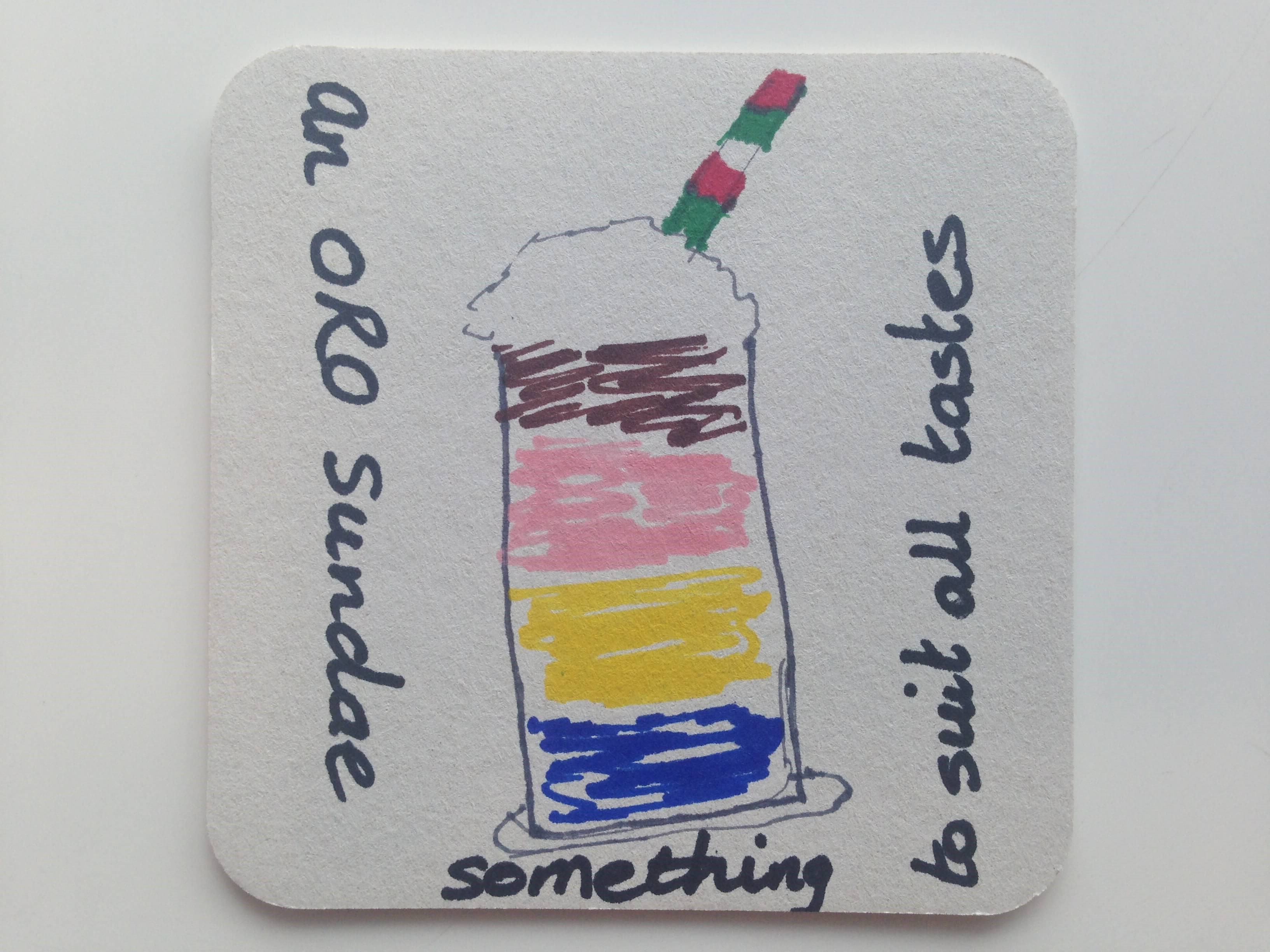
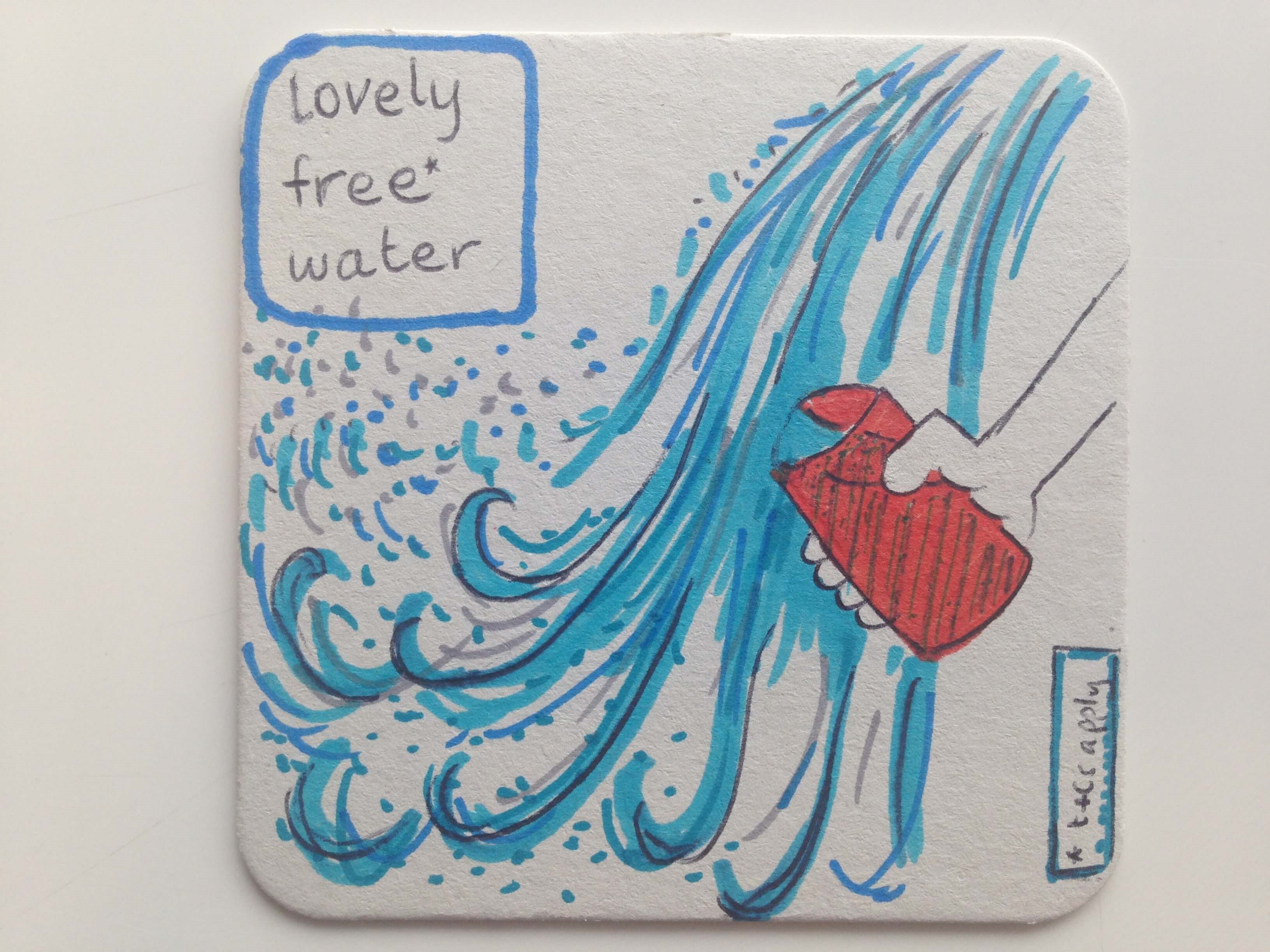
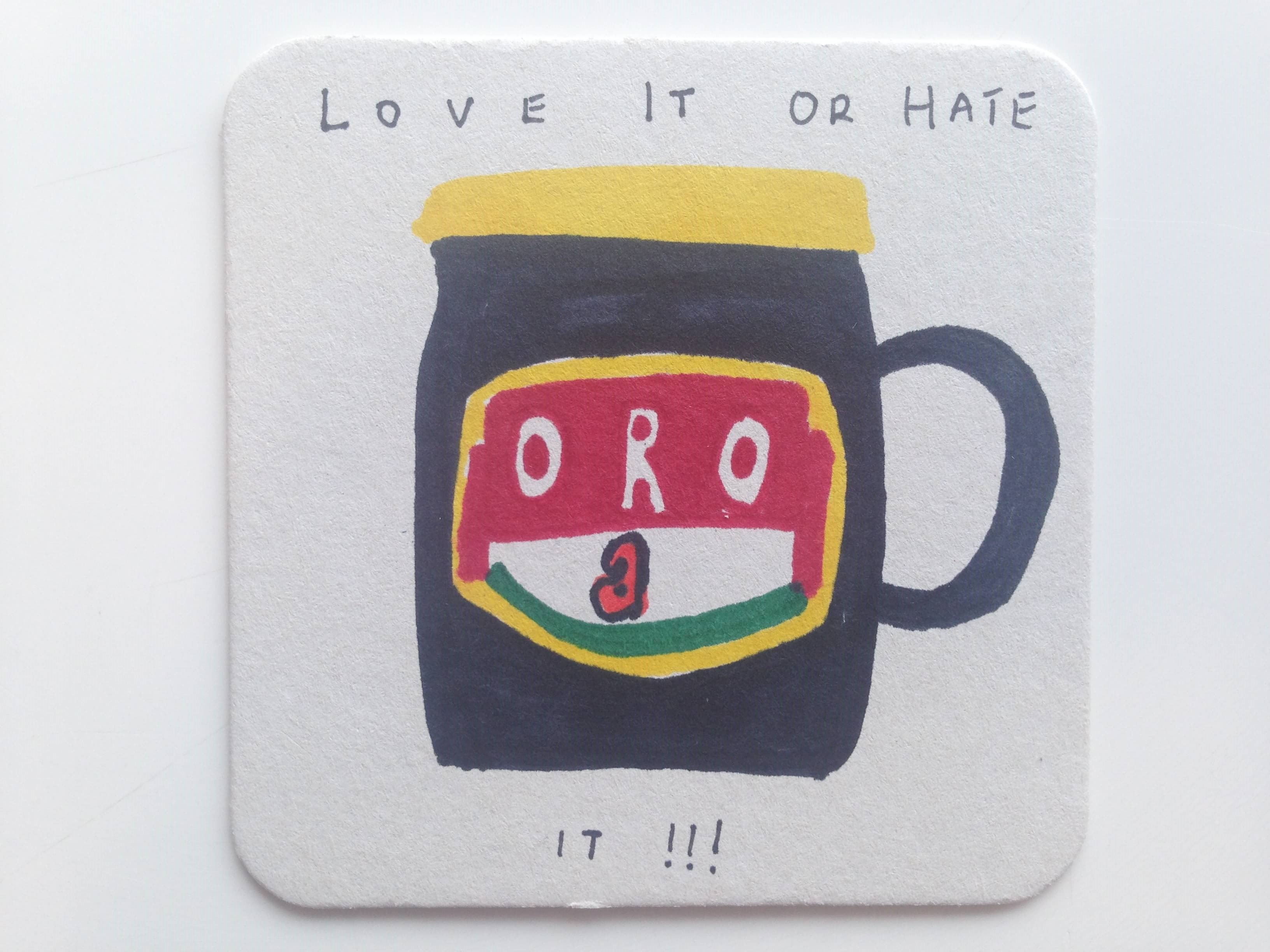 …and Gravy
…and Gravy